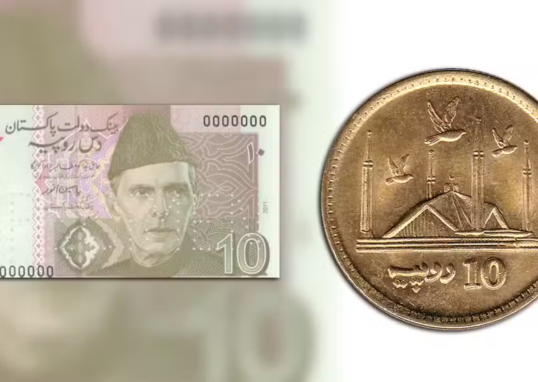

Federal Minister Abdul Aleem Khan has announced Pakistan’s ambitious goal to convert 30% of vehicles to electric by 2030, a pivotal step in the nation’s fight against climate change. Speaking at the COP29 Summit in Baku, Azerbaijan, the minister detailed how the Electric Vehicle (EV) Policy will pave the way for a greener and more sustainable future.
Key Highlights of the EV Policy
- The government is actively working on EV infrastructure development, focusing on the installation of charging stations nationwide.
- Public awareness campaigns are being rolled out to highlight the benefits of switching to electric vehicles, such as reduced fuel costs and lower carbon emissions.
- Renewable energy projects and green urban transport solutions are also central to the government’s strategy for sustainable development.
Collaboration at COP29
During the Ministerial Roundtable, Aleem Khan represented Pakistan alongside delegates from Turkiye, Georgia, and the Netherlands, as well as international organizations like the European Commission and the United Nations. Khan emphasized the pressing need for urban transport solutions that can alleviate pollution and manage population growth.
Ongoing and Future Projects
Aleem Khan highlighted several groundbreaking projects, including:
- The introduction of Karachi’s biomethane hybrid buses, designed to cut fuel costs by 100%.
- Plans to expand the National Green Transport Project through Public-Private Partnerships (PPP) to ensure its long-term success.
Tackling Climate Challenges
The minister urged the adoption of micro-level interventions in transportation to combat smog and climate-related health issues. Discussions during the forum also explored green technology innovations and the digitalization of transport systems.
Khan praised the hospitality and collaboration of Azerbaijan’s Minister of Transport Rashid Nabiov, stating that the exchange of ideas and expertise will help Pakistan refine its sustainable transport strategies.






